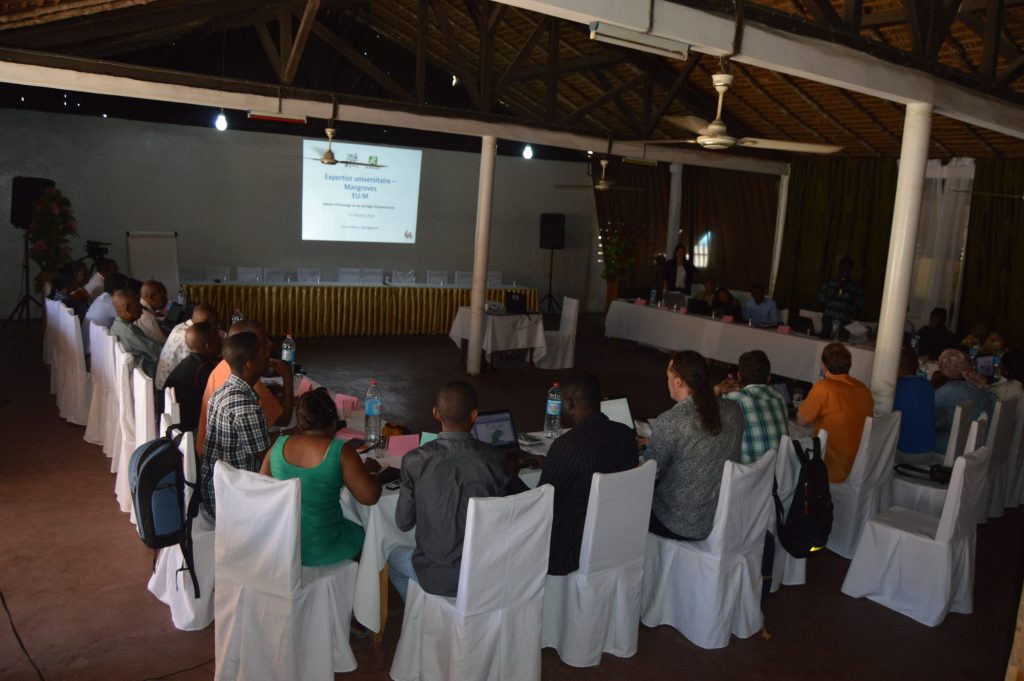- Projet clôturé
Academic Expertise – Mangroves (EU-M)
The Academic Expertise – Mangroves (EU-M) project, led by the Uni4Coop consortium and funded by AWAC, is a project aimed at capitalising on and disseminating experiences, practices and knowledge on the sustainable management of natural resources, particularly in mangrove areas.
The members of the consortium of French-speaking university NGOs UNI4COOP are involved, with the support of AWAC and other donors (notably the EU and the Indian Ocean Commission), in the sustainable development of mangrove resources in four countries: Senegal, Benin, Togo and Madagascar.
This project aims to stimulate an exchange of practices, experiences and knowledge on the theme of community management of mangrove ecosystems between Belgian universities, UNI4COOP university NGOs and their partners in the South (universities and research institutes, NGOs and field associations, local authorities). Through this process of sharing and pooling knowledge, as well as disseminating it to partners and local communities, the project aims to promote the emergence of innovative approaches and improve practices in the local management of natural resources. The project includes the production of a shared ‘toolbox’.
The social enterprise Kinomé, within the Senegalese branch of the NGO ADG (Gembloux) representing UNI4COOP, is responsible for coordinating activities and facilitating the partner network.

This one-year project builds on the activities carried out during two previous projects funded by AWAC and other projects by a collective of deltas in West Africa. It began on 1 February 2018.
Implemented from January 2018 to March 2019, the project stimulated exchanges on practices, experiences and knowledge of community management of mangrove ecosystems between Belgian universities, UNI4COOP university NGOs and their partners in the South (universities and research institutes, NGOs and field associations, local authorities).
By mobilising actors from different contexts (Benin, Gambia, Ghana, Madagascar, Senegal and Togo), the project has stimulated a process of learning, documentation and capitalisation, with the ultimate goal of enabling local actors to adopt good practices through the development, dissemination and use of appropriate extension tools.
In order to strengthen exchanges between the various actors involved in mangrove conservation, and to capitalise on and pool their experiences, the various project partners from Europe and Africa organised study trips: to Senegal in March 2018, to Madagascar in September 2018, and to Togo in February 2019.